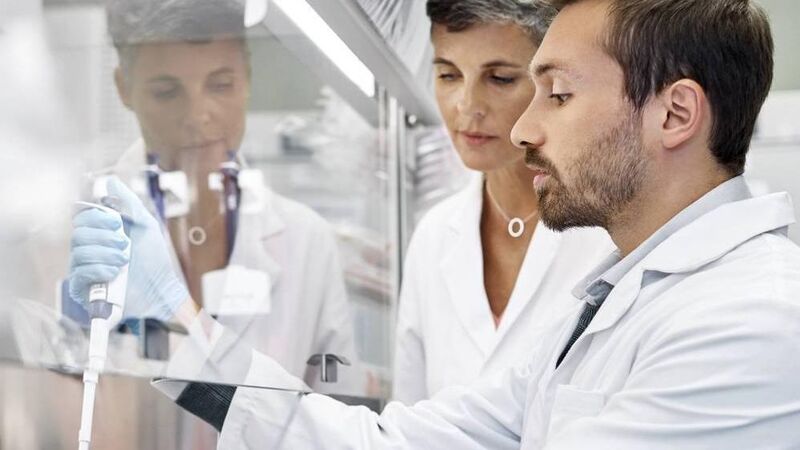Explainer: What is a cancer trial and how do I find out if I can take part

- 18% either know of someone who has taken part in a clinical trial, or have taken part themselves, while 62% would be willing to take part in one
- 70% would take part in a trial to potentially help others get better treatment for their health issues in the future, while 38% would do it to have a longer life, and 32% would sign up to access a new treatment before it’s widely available, or to cure their disease (30%)
- Over half would get involved in a trial to improve their health and wellbeing, 44% would do so to have a more active role in their healthcare if ill, and 40% would do so to access medical care and more frequent health checks as part of treatment.
- Interestingly, 77% know someone who has had cancer, or have had cancer themselves.
For more information on the work of Cancer Trials Ireland, visit www.cancertrials.ie, or call the Irish Cancer Society’s Cancer Nurseline on Freephone 1800 200 700. Cancer Trials Ireland is partly funded by the Health Research Board and the Irish Cancer Society.







 App?
App?




